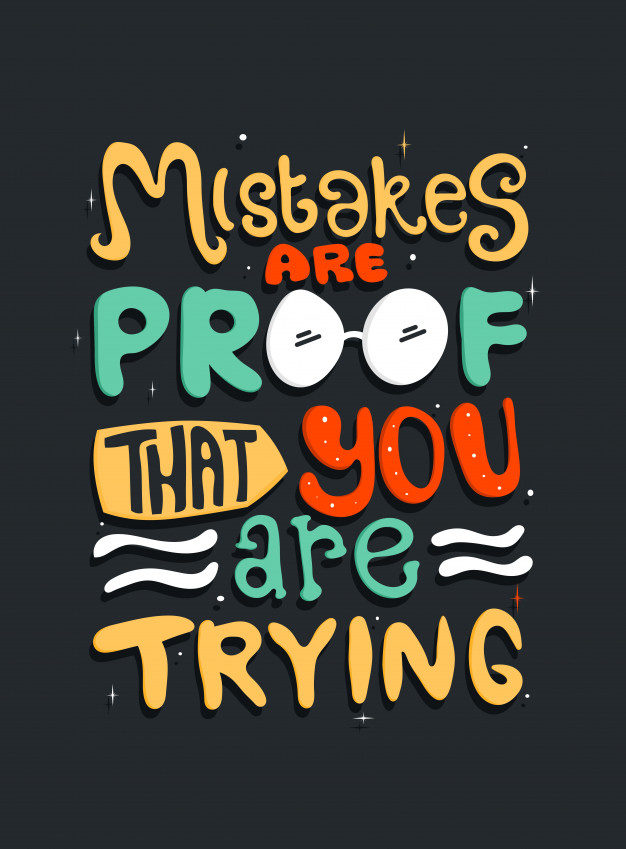MUSIC
In this weeks lecture, I have learned a great amount about the importance of music in education, and in life in general. Whether is introduced to music through listening, reading or even composing, this has many benefits towards their development. Anita Collins (https://www.youtube.com/watch?v=ueqgenARzlE, 2014), highlighted the significant role music has played in her life. She explained that after picking up the clarinet, her life had never been the same.
Sue Hallam (2010) highlights the ability of music to be integrated into a variety of situations. Musical awareness can help with aspects such as:
- perceptual and language skills
- literacy skills
- numeracy skills
- intellectual development
- general attainment
- creativity
- social and personal development
- physical development
This TED Talk has inspired me both as an aspiring educator and as an individual. Collins exclaims the importance of motivating musical learners to keep going and not to give up when learning an instrument. I can relate to this statement as I have personally given up an instrument, and looking back, I often wish someone had given me this advice. In my future practice, I will be sure to make my pupils aware of the benefits of music, including playing an instrument. I will ensure I do not use music as a time filler, and instead take full advantage of the benefits it can bring to school life.
DRAMA
I am incredibly inspired by the Drama technique called Teacher’s Role. This is when the teacher acts as a character and often proposes a problem to the children. The children then suggest solutions, allow them to use any information they have to problem solve, and learn from each other while doing so. This gives children a sense of responsibility and freedom in their learning. You do not have to be a professional actor/actress to use this technique, all you need is confidence.
In breakout rooms, we discussed scenarios where teacher in role would be an effective teaching method. I suggested it could be used in history, where the teacher acts as someone who has found themselves in a certain time period, such as ancient Egypt, and the pupils have to teach them about life there and several questions could be asked to challenge knowledge. We also had an idea of using this technique in maths, where the teacher could act as a shop keeper.
The possibilities are endless, hence why I am so inspired from being introduced to this technique. I will definitely use it in my future practice to bring learning to life and increase interest in certain topics in the classroom.
References
https://www.youtube.com/watch?v=ueqgenARzlE, 2014. What If Every Child Had Access To Music Education From Birth?.
Available at: <https://www.youtube.com/watch?v=ueqgenARzlE> [Accessed 20 October 2020].
Hallam, S., 2010. The Power Of Music: Its Impact On The Intellectual, Social And Personal Development Of Children And Young People. [ebook] pp.1-20. Available at: <https://www.researchgate.net/publication/242560857_The_power_of_music_Its_impact_on_the_intellectual_social_and_personal_development_of_children_and_young_people> [Accessed 20 October 2020].


